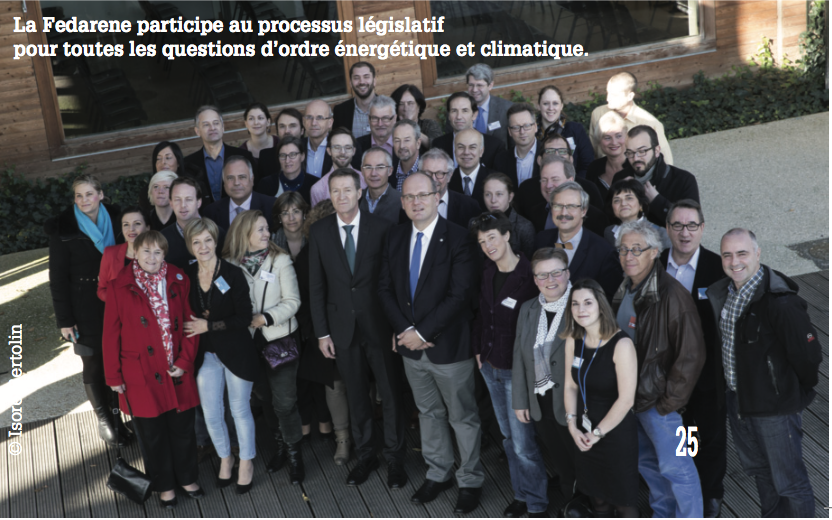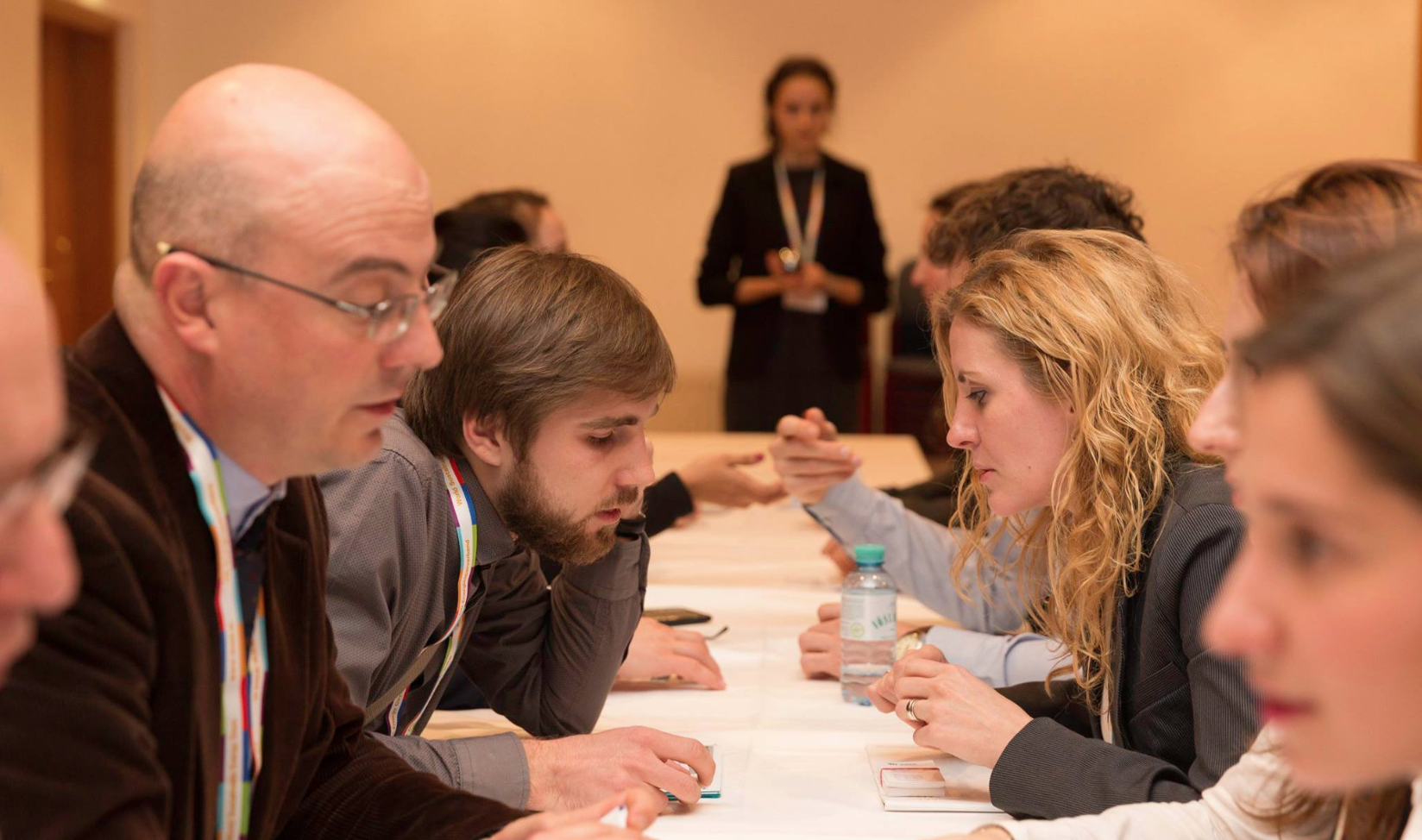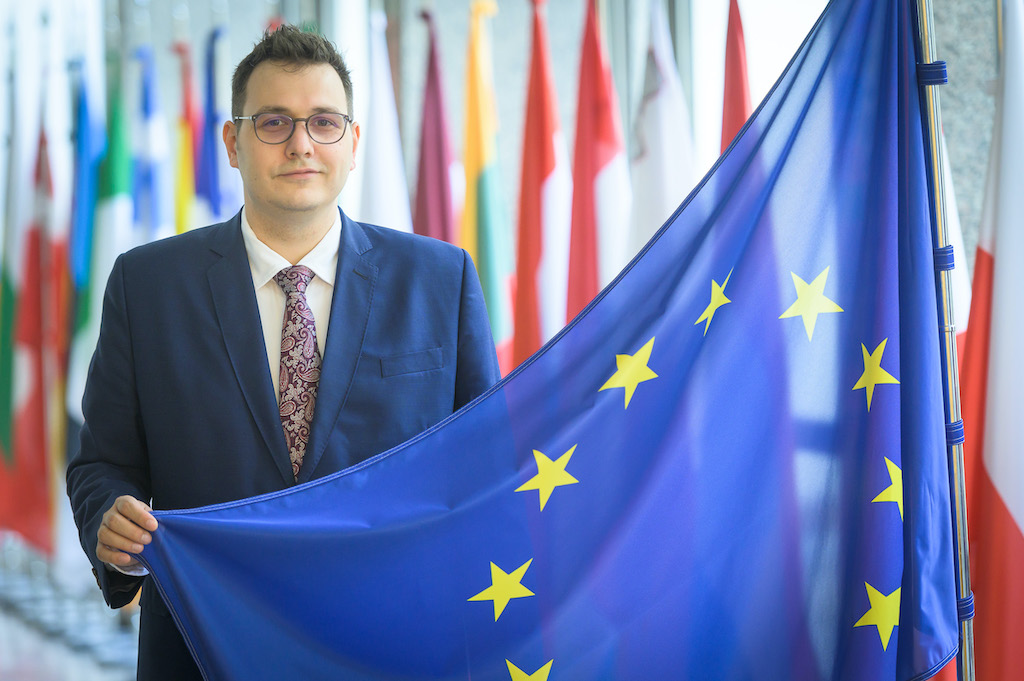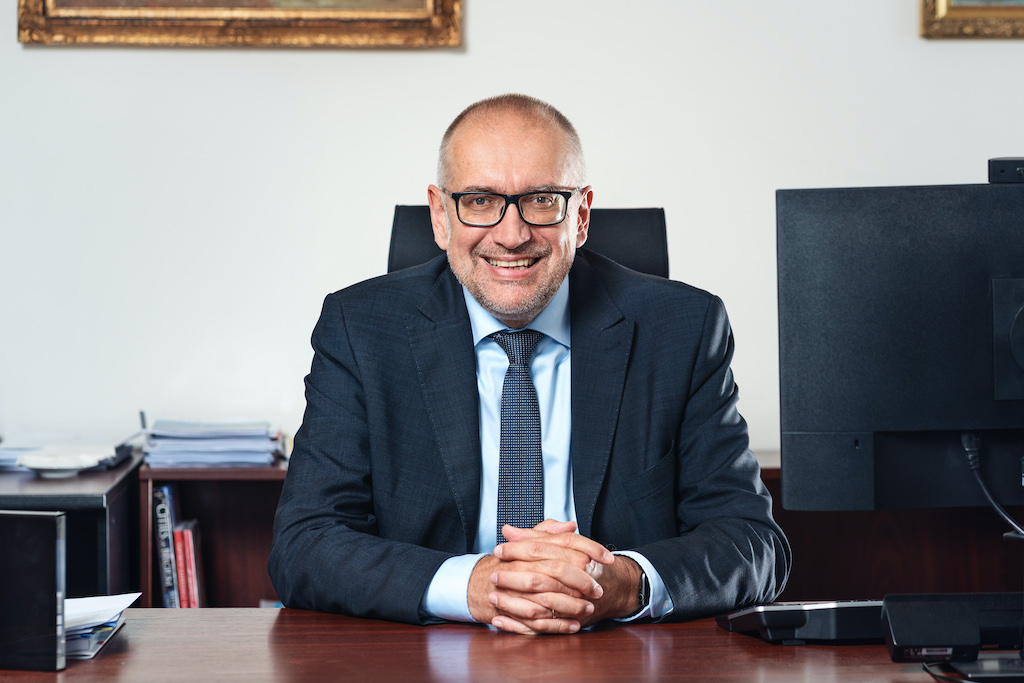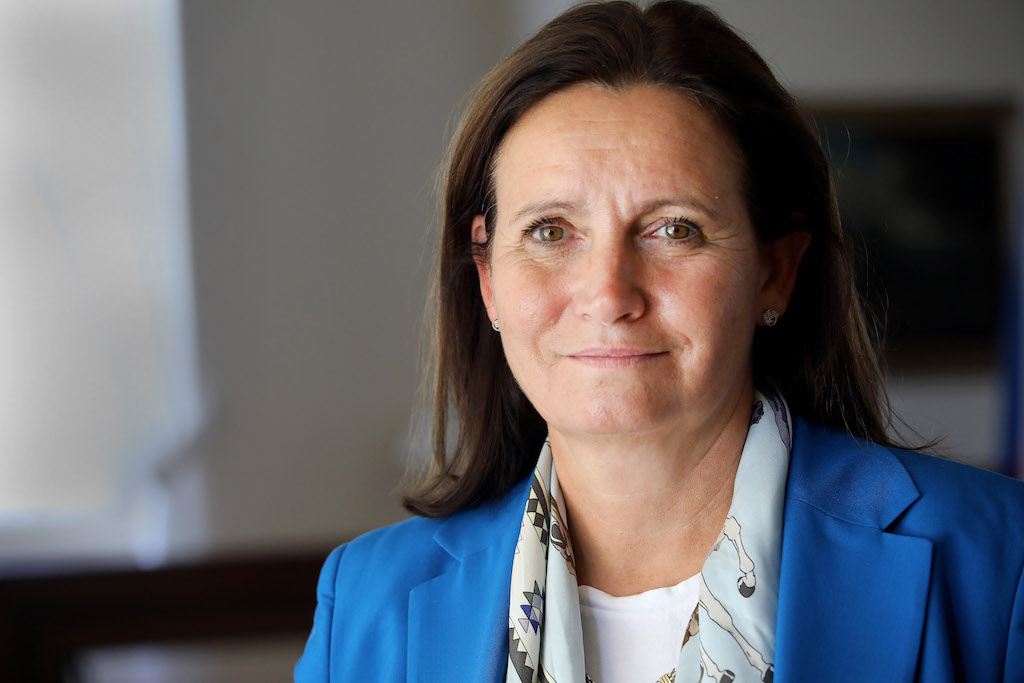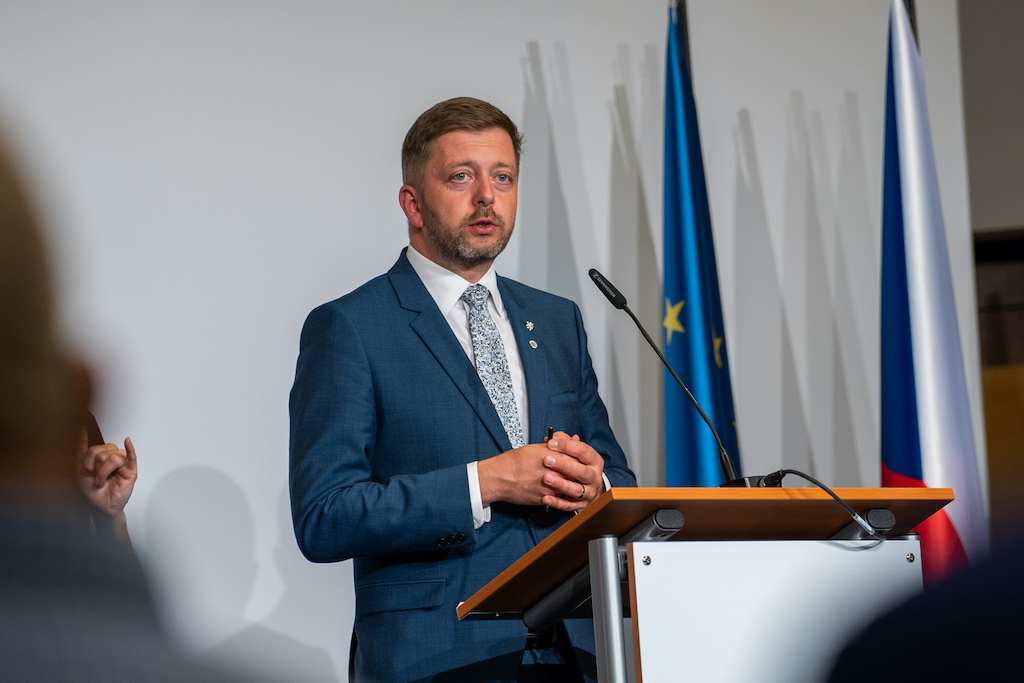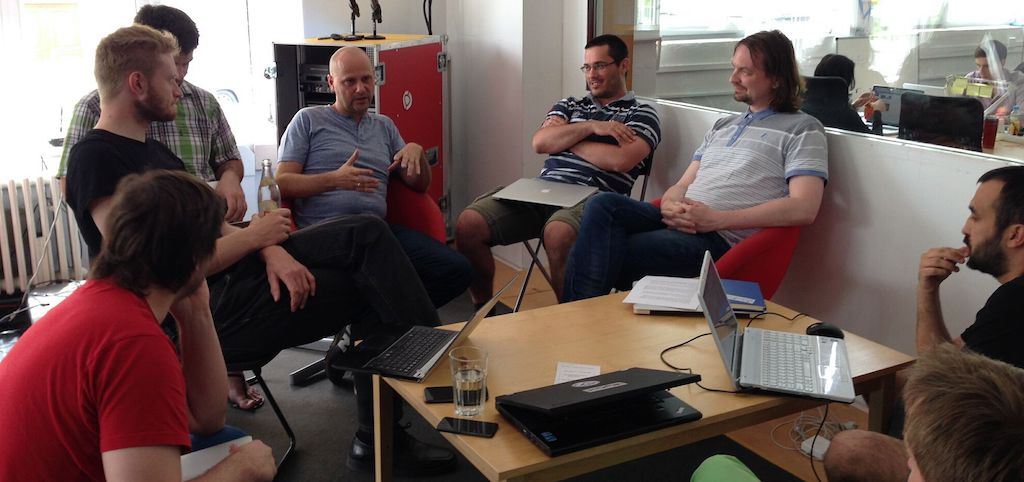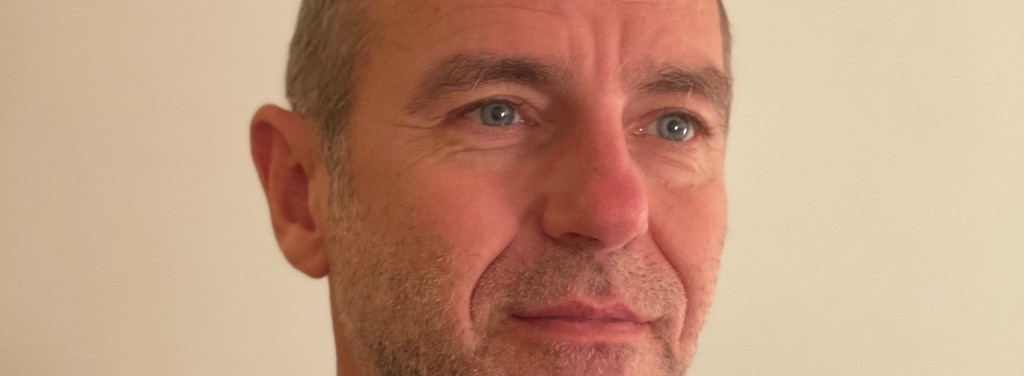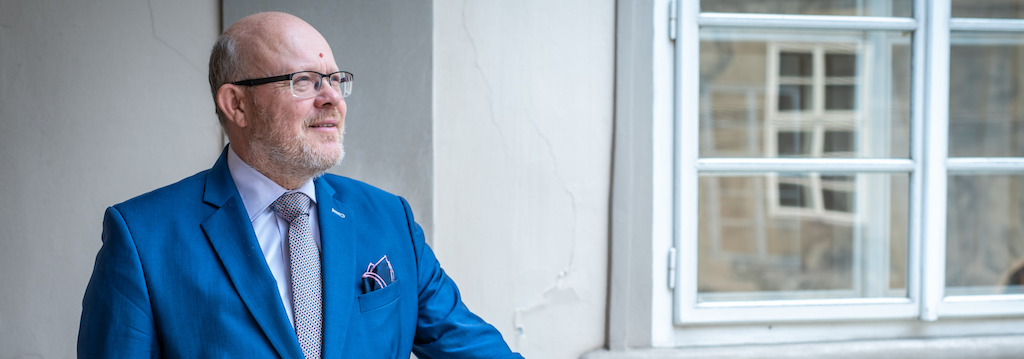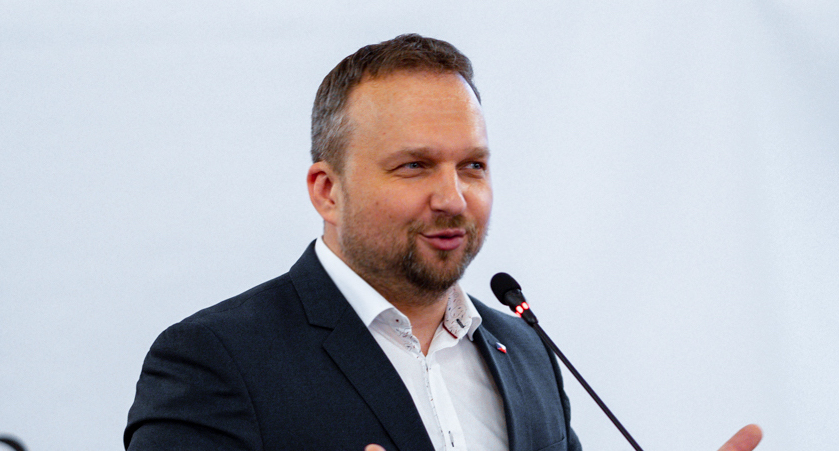Can you introduce us to FEDARENE, its missions and competences? (in 3 words)
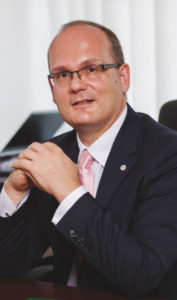 Since its establishment in 1990, FEDARENE has been acting as a liaison between local and regional authorities and the European Institutions. Our ambition is to make the voice of regions and energy agencies heard at the European level and to inform our constituency about relevant European initiatives and policies. Today, we are a network of more than 70 organisations from 20 European countries. We are also a very dynamic federation: we work together and exchange on a regular basis, notably through events, networking activities and EU projects. All of this is coordinated by the Brussels office.
Since its establishment in 1990, FEDARENE has been acting as a liaison between local and regional authorities and the European Institutions. Our ambition is to make the voice of regions and energy agencies heard at the European level and to inform our constituency about relevant European initiatives and policies. Today, we are a network of more than 70 organisations from 20 European countries. We are also a very dynamic federation: we work together and exchange on a regular basis, notably through events, networking activities and EU projects. All of this is coordinated by the Brussels office.
FEDARENE’s action is not limited to its members. We also seek to involve other stakeholders of the energy sector, whether this is public authorities, non-governmental organisations, financial institutions… Finally, FEDARENE is also one of the founding partners of the Covenant of Mayors for Climate and Energy and a member of the consortium running the initiative, together with Energy Cities, Climate Alliance, CEMR, EUROCITIES and ICLEI Europe. The Covenant bring together over 7,700 signatory local authorities and is now the world’s largest movement for local climate and energy actions. We are very proud to be part of such a crucial initiative.
So you represent the regional energy agencies, can you tell us about the ManagEnergy initiative, and how does it support energy efficiency especially over the period 2017-2020?
ManagEnergy is the European Commission initiative for supporting local and regional energy agencies in Europe. It was first launched in 2002 but the new work programme for the 2017-2020 period somewhat took a different spin, as it focuses on helping regional and local energy agencies to become leaders in the energy transition and increasing sustainable energy investments in regions and cities. It made sense for FEDARENE to be involved in this initiative since our network includes many energy agencies. The consortium is also composed of some of the most experienced EU energy agencies, which happen to be FEDARENE members as well. This illustrates what I was saying before: we are able to keep a very dynamic network because we are constantly involved in common projects and initiatives.
In practice, ManagEnergy aims to raise the skills of local and regional energy agencies in project financing and project development and to inform them about energy efficiency policies. There are four main types of activities foreseen: Master Classes, which are three-days training sessions led by experts; Expert Missions, where the experts go to selected energy agencies to provide tailor-made support; Networking Events (whose name is self-explanatory); and ManagEnergy Talks, given by well-known experts of the sustainable energy field to inspire others to lead the energy transition. Actually the first ManagEnergy Talk took place on Wednesday night (6 June 2018) during the EU Sustainable Energy Week, and welcomed Rob Hopkins as keynote speaker.
By supporting energy agencies and encouraging them to develop new projects, ManagEnergy also supports energy efficiency. Indeed, to make the energy transition happen, more energy efficiency and renewable energy investments are needed. It is no coincidence that the programme targets local and regional energy agencies to increase investments. These agencies occupy a unique position in their regions and cities because they act as project developers, aggregators, and facilitators for public authorities. This enables them to boost sustainable energy investments and to shape the future European energy landscape.
What are your reactions to the Renewable Energy Directive and the post-2020 multiannual financial framework?
I appreciate very much this question as it joins 2 crucially interlinked issues currently being under discussion between the EU Institutions: EU’s budget and EU’s ambition in terms of moving away from non-renewable energy sources.
In June 2017, the members of FEDARENE issued the Berlin Declaration in which they commit to use their resources to “share knowledge and experience and join forces for the sake of a peaceful, united and sustainable Europe which sets an example with regard to energy efficiency and renewable energy as well as environmental and climate protection”. What does it mean. More simply put, it means regions, cities and their energy agencies from across Europe are eager to continue making the energy transition something that makes sense for all the members of our society: citizens, their political representatives at all governance levels, NGOs, SMEs, industries…
In the heat of the Multiannual Financial Framework (MFF) proposals and the trilogues on the RES Directive, Member States must accept that the energy transition is not just another expenditure, it’s not an adjustment variable for the budget of the European Union. On the contrary, it is an essential part of the solution that maximises the impact of our budgets and creates additional revenues. Regions and Cities are seeing and sharing the positive impact of investing in renewables and energy efficiency in their territories, and they count on the catalysing effects of the EU budget to achieve their long-term Climate and Energy targets and contribute to Europe’s international commitments. To this end we need ambitious and binding renewable energy targets, a strong cohesion policy that can be easily accessed by local and regional authorities and robust and complementary financial programmes that enable innovation and the replication of successful initiatives.

